We drove out to Simpson Springs today to look for wild horses and visit an old pony express station at Simpson Springs.
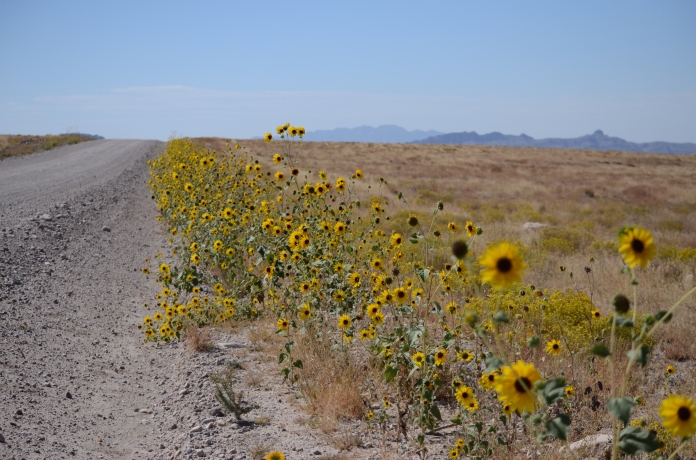
The drive was long and warm but beautiful with many flowers along the side of the road.
We lucked out, spotting the horses crossing the road not far in front of us. We stopped, took out the camera and binoculars and watched as several groups of horses crossed the road and made their way up the hills to a really big group quite a distance away.
They were close enough that we could hear their hooves as they crossed and some whinnies. We saw a few playing, running and chasing, and there were several young ones which was really fun to see.
It brings me so much joy to know there are big numbers of wild horses in the world, not far from us at all, and to actually watch them was amazing!
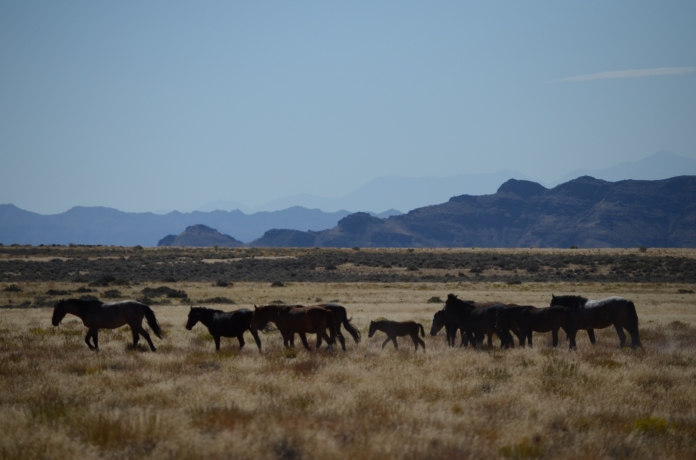
The pony express station was fascinating, with an old cabin, lots of information about the service and some old foundations from a long time ago. Pony Express was a mail service between Missouri and California which used lone riders, riding 10-11 days, stopping for water, food and fresh horses along the trail. Each rider would change mounts every 10-15 miles and handed their mailbag off to a new rider every 75 to 100 miles. It was more than twice as fast as the alternatives: stagecoach and ship. It was a fairly extreme and dangerous journey and lasted only 19 months in 1860-1861 before the transcontinental telegraph made it obsolete. 35,000 pieces of mail were delivered by riders before the service ended. History is endlessly captivating!
Down the hill from the pony express cabin there’s a watering hole. We ventured down and saw lots of birds and then an antelope who stopped when it saw us. We stopped and waited as quietly and still as we could manage and after a minute it made its way back toward us and the water for a drink.
We didn’t make it further this time, out to the geode digging beds, but soon we will go again.
I hope the horses will be around when we do.
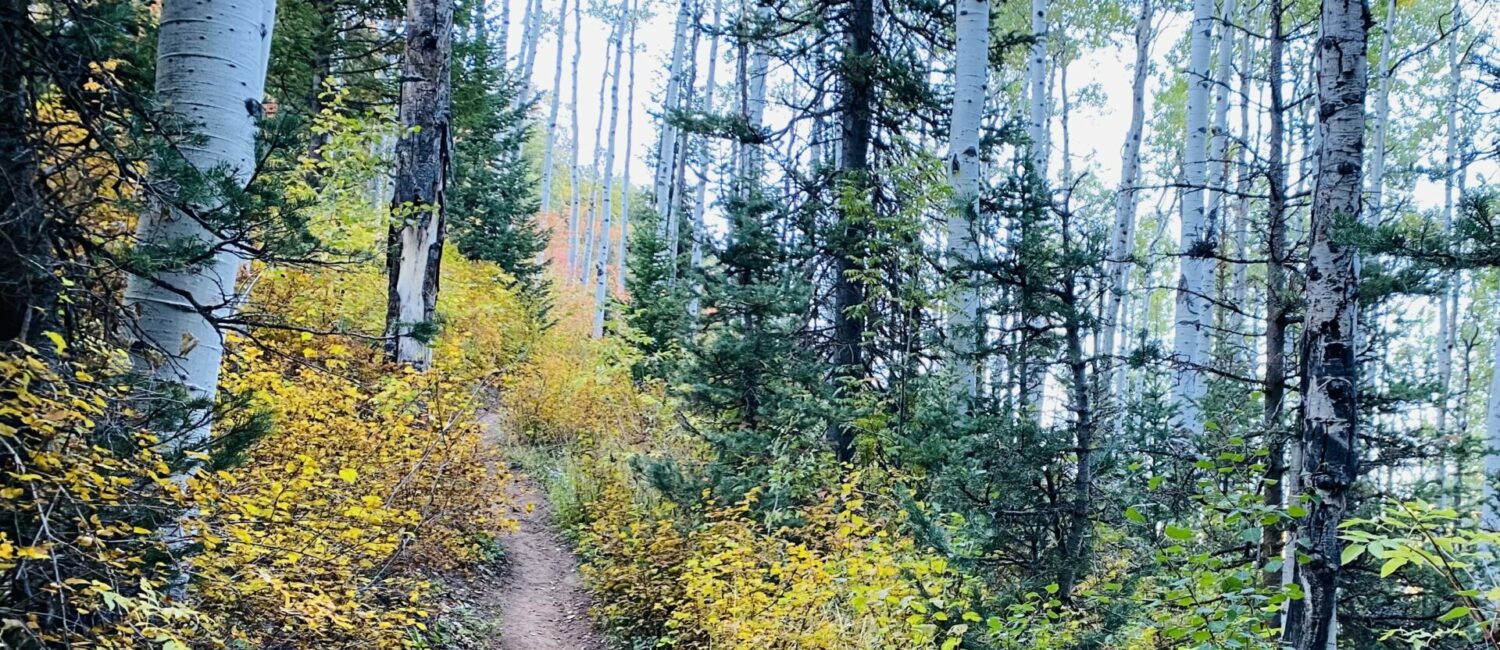
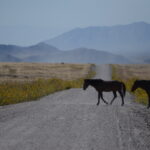
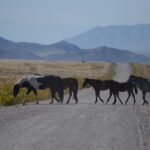
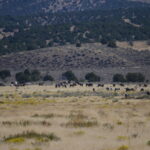
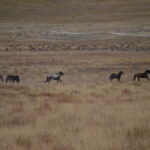
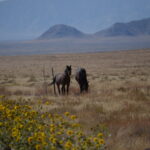
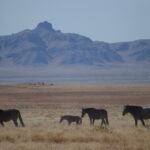
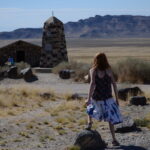
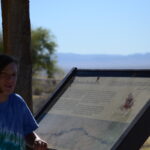
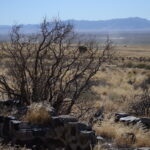



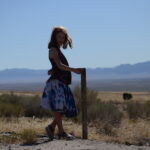
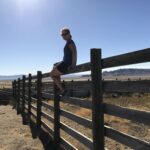
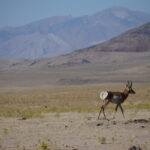

You must be logged in to post a comment.